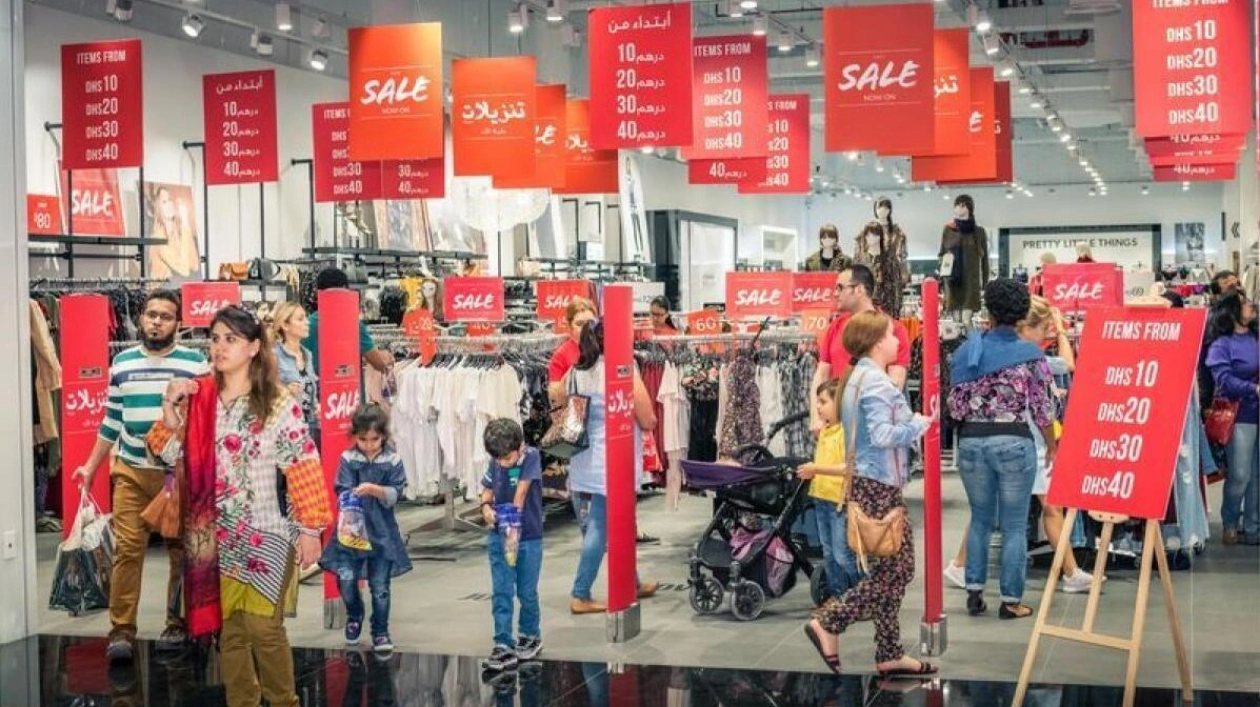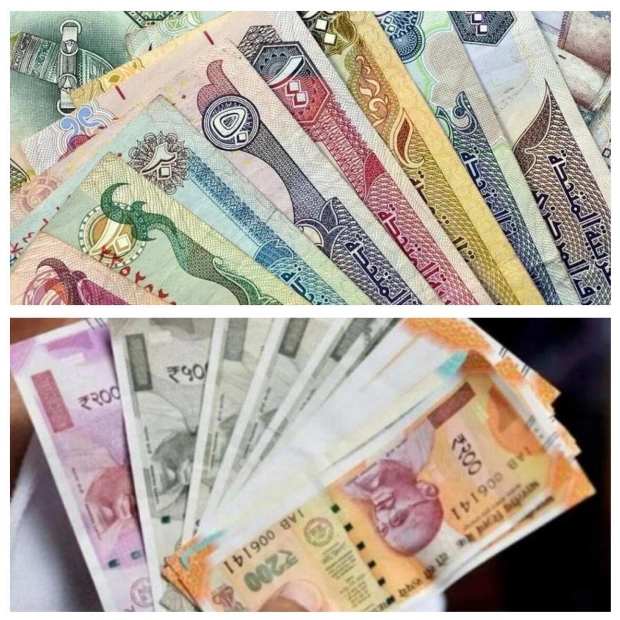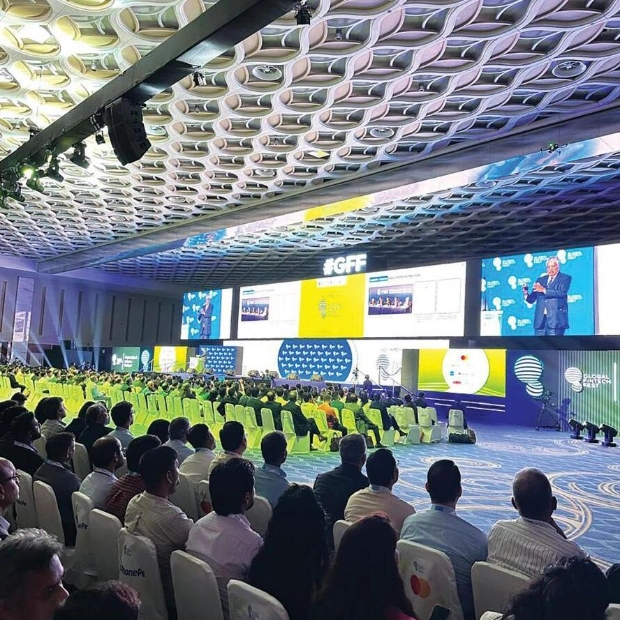In the dynamic landscape of the Middle East, brands are grappling with the exhilarating challenge of securing customer loyalty in a highly competitive market. At the heart of this transformation is personalisation, a strategy that is swiftly becoming indispensable. Kunal Badiani, the Regional Head for the Middle East at MoEngage, underscores the pivotal role of data-driven insights in shaping brand-consumer relationships in the region. “Consumers in the Middle East expect brands to understand them deeply, from their preferences to their aspirations. Personalisation is not a luxury here; it’s a necessity,” Badiani emphasises.
Cultural values in the Middle East emphasise personalised experiences, making this approach crucial for effective brand engagement. Hospitality is deeply ingrained in society, and consumers naturally favour brands that align with these cherished traditions. However, the expectation extends beyond basic courtesies, demanding a seamless blend of online and offline interactions. Recent data from MoEngage highlights the extent of these expectations:
● 88% of UAE consumers want companies to recognise their unique needs.
● 66% seek tailored offerings regularly.
● In Saudi Arabia, 58% prefer spending on enriching experiences over products.
“Brands in this region cannot rely on a one-size-fits-all approach. Personalisation builds trust, and trust drives loyalty,” Badiani explains. With the rise of shopping festivals like White Wednesday and Ramadan sales, the battle for consumer attention has intensified. In a world where individuals are bombarded with up to 10,000 marketing messages daily, standing out through personalised engagement is not just important; it’s essential.
“Marketers must shift their focus from short-term gains through discounts and flashy campaigns to nurturing long-term relationships by truly understanding each customer’s journey,” Badiani stresses. This shift from transactional interactions to meaningful relationships is where MoEngage’s insights-led engagement platform excels. The foundation of effective personalisation lies in unified customer data. However, many brands struggle to consolidate insights from various sources, including CRM systems, website analytics, and in-store interactions. MoEngage helps businesses overcome these barriers, providing a comprehensive view of customers in real-time.
“Brands often question, ‘Is my data accessible, reliable, and actionable?’ If the answer is no, their personalisation efforts are likely to fail. Our platform empowers brands to utilise data effectively, creating experiences that truly resonate,” Badiani notes. Even the most personalised message can fall flat if it doesn’t reach customers at the right time. Insights from MoEngage show that consumers engage with brands at different times, influenced by their daily routines.
“Knowing when your audience is most receptive is vital,” Badiani insists. “Whether it’s a push notification in the early morning or an email late at night, being present when and where customers are — both physically and mentally — is how brands secure loyalty.” The diverse demographics and varying levels of digital adoption in the Middle East pose additional challenges for personalisation. Brands must ensure a consistent experience across digital platforms, mobile apps, and physical locations. “Today’s customers don’t differentiate between online and offline. They expect a unified, seamless experience,” Badiani points out.
While personalisation offers vast opportunities, poorly executed strategies can lead to significant setbacks. A study by Deloitte found that only 43% of consumers felt experiences were personalised, despite brands claiming a much higher figure of 61%. “This gap between perception and reality poses a considerable risk,” warns Badiani. “In the Middle East, where word-of-mouth is powerful, a single negative experience can spread quickly and damage a brand’s reputation.”
As the Middle East undergoes rapid digital transformation, investing in personalisation has become a non-negotiable requirement for brands aiming to thrive. “Brands that excel in personalisation view it as a value exchange. By delivering relevance and genuine care, they cultivate customer loyalty—and loyalty is truly invaluable,” Badiani concludes. For brands navigating the Middle Eastern market, the message is clear: personalisation is not just about standing out; it’s about staying relevant. By leveraging unified customer data and emphasising meaningful engagement, brands can transform one-time buyers into loyal advocates in this fast-paced environment.
As Badiani states, “In the Middle East, you’re just one bad experience away from losing a customer. But, with the right strategy, you’re also just one exceptional experience away from earning a lifelong loyalist.”
Source link: https://www.khaleejtimes.com






